Table of Contents:
OKX Relaunches DEX Aggregator with Enhanced Security After Lazarus Group Incident
OKX has resumed operations of its decentralized exchange (DEX) aggregator, OKX Web3, following a temporary pause in March due to misuse by the North Korean hacking collective, Lazarus Group. According to Cointelegraph, the relaunch introduces a “real-time abuse detecting and blocking system” designed to identify and prevent suspicious or fraudulent onchain activity from hackers and other malicious actors.
OKX’s latest upgrade includes a dynamic database of suspect addresses, which blocks hackers and bad actors in real time, and proactive alerts to warn users about risky transactions. The exchange emphasized that its systems have been audited and verified by leading blockchain security firms such as CertiK, Hacken, and SlowMist, and have undergone infrastructure testing through a bug bounty program. Additionally, the onchain analysis tool now categorizes wallet holders, identifying possible whales or snipers.
OKX initially paused its DEX aggregator on March 17 to prevent further misuse by the Lazarus Group and began developing a hacker address system to track and block bad actors’ latest addresses. The incident drew attention from European Union financial watchdogs, who reportedly investigated the DEX aggregator and wallet services for an alleged role in laundering funds from the $1.4 billion Bybit hack in February. OKX responded by clarifying that its self-custody wallet service swap feature is an aggregator and not a custodian of customer assets.
Other crypto services have also been affected by the Lazarus Group’s activities. For example, the exchange eXch ceased operations on May 1 after reports alleged its involvement in laundering funds from the Bybit hack. Initially denying the allegations, eXch later admitted to processing some funds from the February hack.
| Date | Event | Details |
|---|---|---|
| March 17 | OKX DEX aggregator paused | Prevent further misuse by Lazarus Group |
| May 4 | OKX DEX aggregator relaunched | New real-time abuse detection and security upgrades |
| February | Bybit hack | $1.4 billion stolen |
| May 1 | eXch ceases operations | Admitted to processing funds from Bybit hack |
- OKX’s DEX aggregator now features real-time abuse detection and a dynamic suspect address database.
- Security audits by CertiK, Hacken, and SlowMist.
- Incident linked to the $1.4 billion Bybit hack and Lazarus Group activities.
Summary: OKX has relaunched its DEX aggregator with advanced security features to combat misuse by hackers, particularly following incidents involving the Lazarus Group and the $1.4 billion Bybit hack. (Source: Cointelegraph)
Korea Introduces New Crypto Rules for Non-Profits and Exchanges
South Korea’s Financial Services Commission has announced new rules to allow non-profits to receive cryptocurrency donations and provided updated guidance for exchanges handling tokens as payments. According to ledgerinsights.com, the Virtual Assets Committee, which includes the Korea Federation of Banks and the Digital Asset Exchange Association (DAXA), outlined that non-profits must outsource crypto donation processing to organizations with at least five years of experience. Additionally, any received cryptocurrencies must be traded on at least three Korean crypto exchanges, and non-profits are required to cash out all tokens upon receipt.
To comply with anti-money laundering regulations, donations can only be made directly via a cryptocurrency exchange. For exchanges, the sale of cryptocurrencies received as fees is only permitted to cover operating expenses, and such sales must be conducted through a third party, not on the exchange’s own platform. Only popular tokens ranking among the top 20 on at least five Korean exchanges can be sold, and there are daily volume restrictions to avoid impacting market prices.
The new rules also address the volatility of token prices, particularly during new listings and with “zombie coins” and memecoins. For newly listed tokens, measures ensure sufficient initial supply and cap order volumes shortly after listing. Memecoins can only be traded if they are already listed on eligible foreign exchanges, have a community of at least 100,000 people, and have achieved at least one million cumulative transactions. Thinly traded tokens must be delisted if daily transaction volumes fall below 1% of market capitalization and the total issuance value drops below 4 billion won ($2.9 million) for 30 days. The committee also highlighted the urgent need for new laws regarding security token offerings (STOs). Meanwhile, Korean banks are collaborating to develop a stablecoin.















